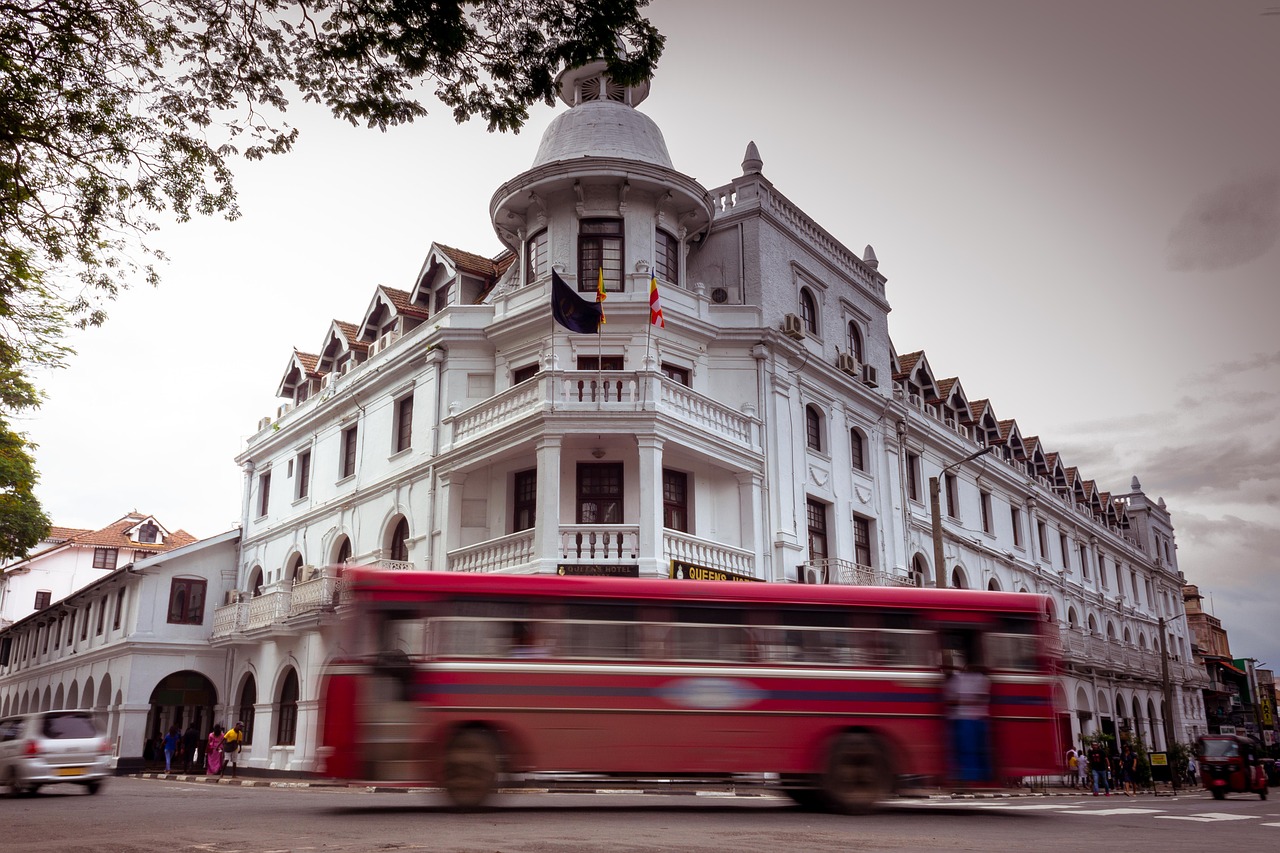Sri Lanka Passes Anti-Corruption Bill as Part of IMF Bailout Plan

Sri Lanka’s Parliament has approved an anti-corruption bill, aimed at improving governance in the crisis-hit country and meeting requirements linked to a $2.9bn bailout from the International Monetary Fund (IMF).
The legislation was passed on Wednesday without a vote in the 225-member house.
“The bill is passed with amendments,” Sri Lanka Parliament Speaker Mahinda Yapa Abeywardena told lawmakers after more than two dozen pages of amendments were included in the draft legislation during the morning session.
Sri Lanka’s economy nosedived into the worst financial crisis in more than 70 years after a severe foreign exchange crunch last year forced the island nation to default on its foreign debt, which led to soaring inflation and rapid depreciation in its currency.
But the country’s fortunes improved after it locked down a $2.9bn programme with the IMF in March, which included introducing new anti-corruption legislation to strengthen governance and bring it in line with the United Nations Convention Against Corruption.
This is the first time an IMF programme has been linked to such a measure in Asia.
The Anti-Corruption Bill increases the powers and resources allocated to Sri Lanka’s Commission to Investigate Allegations of Bribery or Corruption, which is mandated with carrying out major investigations. It can now conduct joint investigations with local and international counterparts.
The new bill also makes it mandatory for electoral candidates to declare their assets, which will be published ahead of elections, and expands bribery offences to include private sector stakeholders.
“We welcome the law, but the proof of the pudding will be in the eating,” said Sankhitha Gunaratne, deputy executive director of Transparency International Sri Lanka (TISL).
“A lot of it will depend on enforcement of the law, whether law enforcement authorities will be empowered to be free of political interference and also not have to self-censor, to act without fear or favour during investigations.”
The IMF had previously said it was conducting an “in-depth governance diagnostic exercise” to assess corruption and vulnerabilities and “provide prioritised and sequenced recommendations”.
The IMF Governance Diagnostic Report is set to be published in September.
Sri Lanka has been grappling with an unprecedented economic crisis since 2022, after suspending repayment of foreign loans because of a severe foreign currency crisis triggered by the COVID-19 pandemic, excessive borrowing by the government, and efforts by the central bank to stabilise the Sri Lankan rupee with scarce foreign reserves.
Sri Lanka’s total debt has exceeded $83bn, of which $41.5bn is foreign and $42.1bn is domestic. In a bid to overcome the crisis, the island nation has taken initiatives to restructure its domestic and foreign debts.
The economic crisis caused severe shortages of food, medicine, fuel, cooking gas and electricity last year, which led to massive street protests that forced then-President Gotabaya Rajapaksa to flee the country and resign.
The economy has shown signs of improvement since Ranil Wickremesinghe took over as president last July. Shortages have been alleviated, power cuts have ended and the rupee has blen to strengthen.
Article Credit: https://www.aljazeera.com/news/2023/7/20/sri-lanka-passes-anti-corruption-bill-as-part-of-imf-bailout-plan
